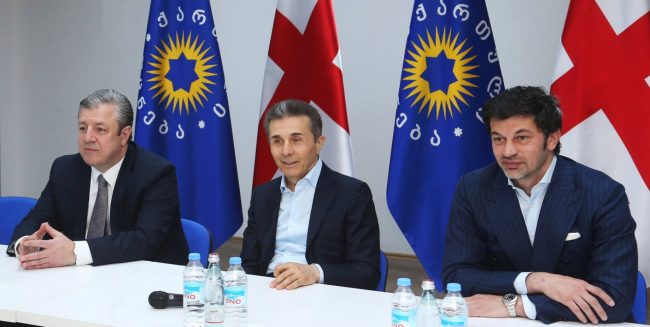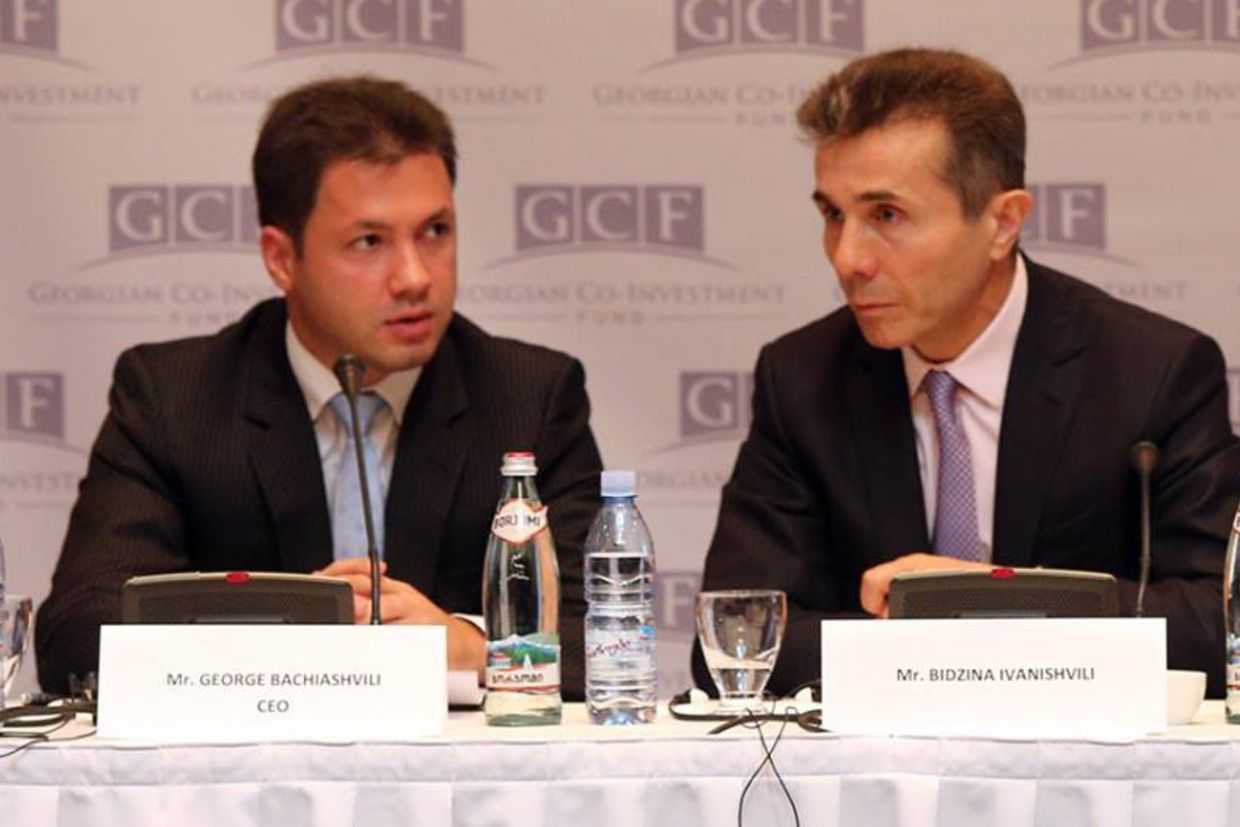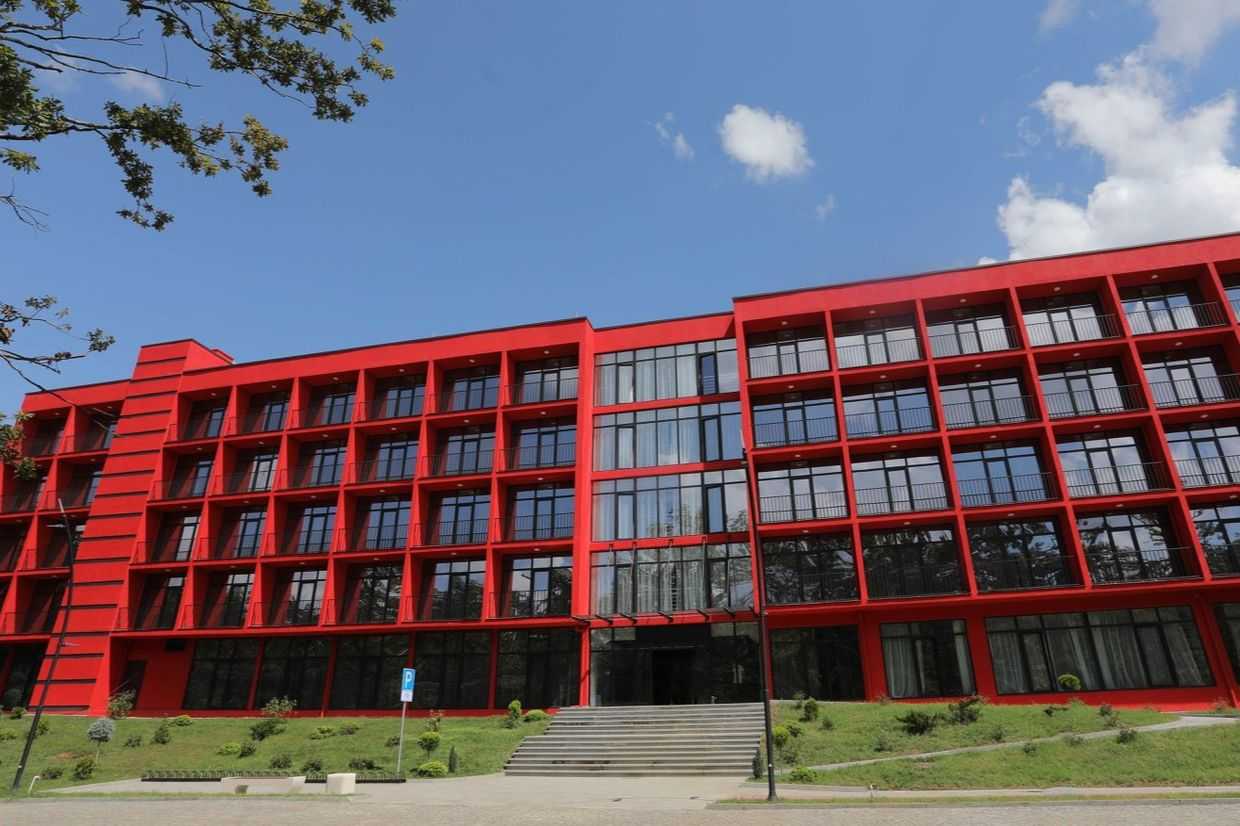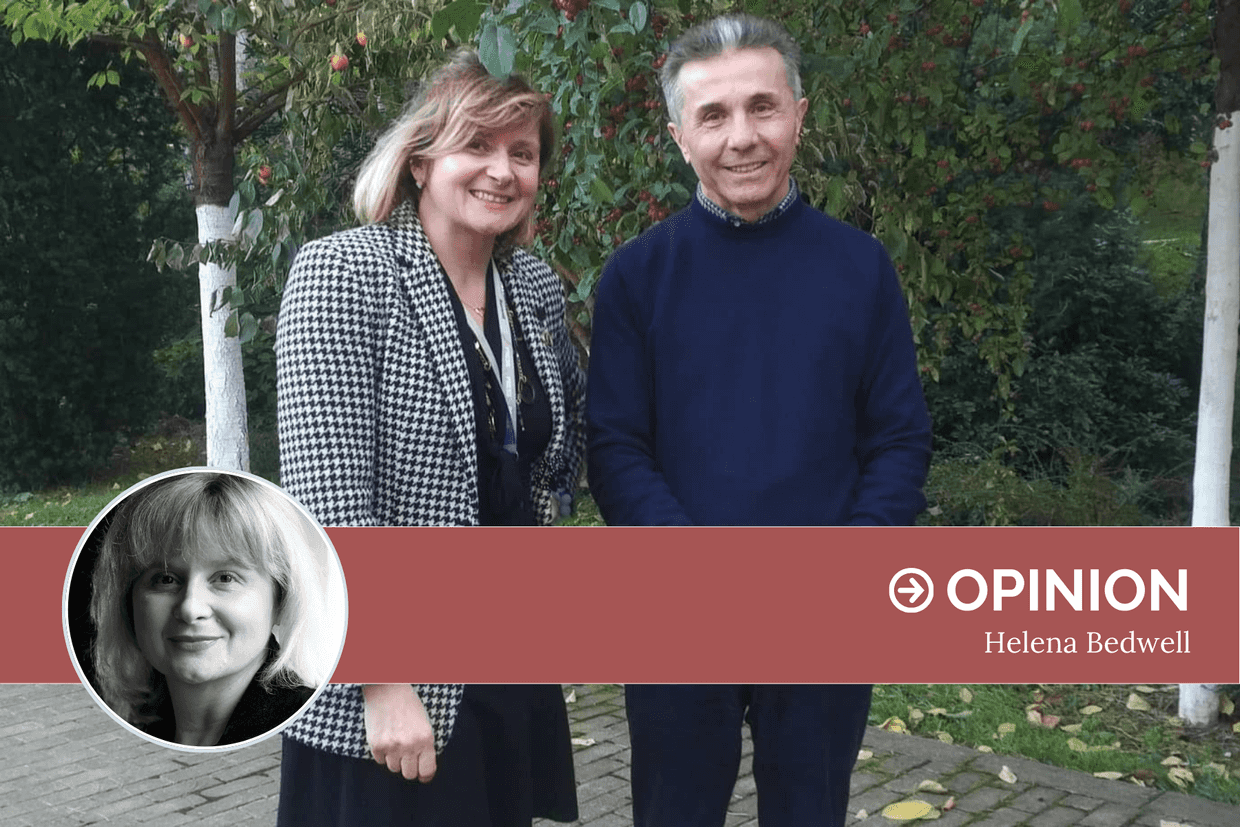

 On 11 May, Georgian Dream elected former Prime Minister Bidzina Ivanishvili as its chairman, formalising his return to the Georgian political scene. His comeback follows reports of intra-party tensions and continued allegations of Ivanishvili’s informal rule after his resignation and official retirement from politics in late 2013.
On 11 May, Georgian Dream elected former Prime Minister Bidzina Ivanishvili as its chairman, formalising his return to the Georgian political scene. His comeback follows reports of intra-party tensions and continued allegations of Ivanishvili’s informal rule after his resignation and official retirement from politics in late 2013.
‘A party (…) represented as a majority on all levels of the government — executive, local, and legislative — needs more strength and innovative approach. I welcome the founder of Georgian Dream, Bidzina Ivanishvili, who agreed to lead our party on this very important stage of our country’s development’, Prime Minister Giorgi Kvirikashvili said at the party meeting hours before being replaced by Ivanishvili as the party’s head.
Giorgi Kvirikashvili announced the former leader’s return after the party meeting on 26 April, where, reportedly, Ivanishvili also was present.
[Read more about the first reactions to the announcement on OC Media: Ivanishvili returns to frontline Georgian politics]
In his speech after his election on 11 May, Ivanishvili stressed that he made a ‘difficult decision’ to return to politics ‘not for personal reasons, or for the sake of Georgian Dream’, but due to three challenges he identified: ‘problematic social-economic situation and attempts to portray it in even darker colors, destructive nature of the opposition, and misunderstandings inside the government’.
Ivanishvili also said he wasn’t planning to run for president in the October election.
The sudden return of Bidzina Ivanishvili, who served as the country’s prime minister in 2012–2013 following a historic election win that brought an end to the rule of former President Mikheil Saakashvili’s United National Movement, has caught the local political scene off guard, prompting various interpretations of possible reasons behind his decision as well as his future political plans.
‘Quasi-formal return’
Speaking to Rustavi 2, Georgian Dream MP Archil Talakvadze said that ‘the [party] council will actively help Bidzina Ivanishvili with a new wave of reforms in the party’. While it is still unclear what the ‘new wave’ entails, Ivanishvili’s return was preceded by a big reshuffle in the party’s leadership. On 1 May, Georgian Dream reduced the number of members of its political council from 21 to 15 and replaced eight of them.
Tornike Sharashenidze, professor at the Georgian Institute of Public Affairs told OC Media that the main reason behind Ivanishvili’s return to politics was ‘a mess inside [his] party’ as well as his will to unseat Kvirikashvili whom he ‘doesn’t seem to like much’.
MP Roman Gotsiridze from United National Movement (UNM) names similar reasons, arguing that ruling the country ‘from a distance’ and via ‘secret consultations’ with ruling politicians turned out to be dysfunctional and led to divisions inside the Georgian Dream.
For Gotsiridze, informal rule is typical for oligarchs and ‘the international pressure in form of financial sanctions are growing against those who support authoritarian regimes, like in Russia. After all, no one would have imagined that [Russian businessmen with close ties to the Kremlin, Viktor] Vekselberg, once an esteemed guest at Trump’s inauguration, would be questioned by the authorities. It is possible that Ivanishvili got preoccupied with his status of an informal ruler, which might mean trouble for his business, and decided to come out of the shadows’, Gotsiridze said.
He questions the idea of ‘the end of Ivanishvili’s informal rule’, as it is frequently characterised in media.
‘What we are witnessing now is his quasi-formal return, because he’s becoming the head of the party without holding office’, Gotsiridze told OC Media, suggesting that his direct influence on government will still not be legitimate.
Giorgi Tskhadaia, political science researcher at Pompeu Fabra University, also argues that by choosing to be a party leader without holding any office Ivanishvili keeps trying to exert political power avoiding political responsibility for what has been happening in Georgia since 2013.
‘He believes he can afford it as long as the number of people disappointed with Georgian Dream grows, but doesn’t translate into [the growth of] supporters of United National Movement. We witnessed it in the [October 2017] Tbilisi mayoral election, when independent candidate Aleko Elisashvili received 17% of votes. If (…) Ivanishvili doesn’t run for president, this would only prove the point’, Tskhadaia told OC Media before Ivanishvili’s announcement that he wouldn’t run for president in the upcoming election.









